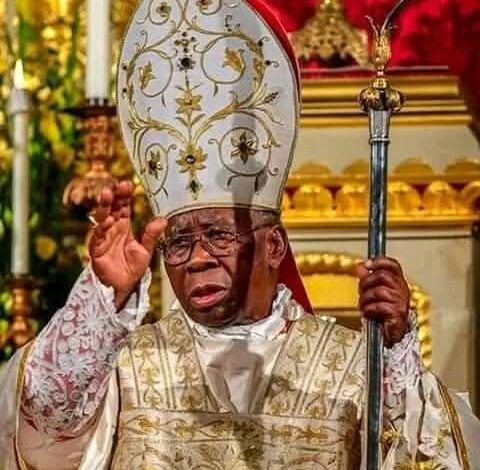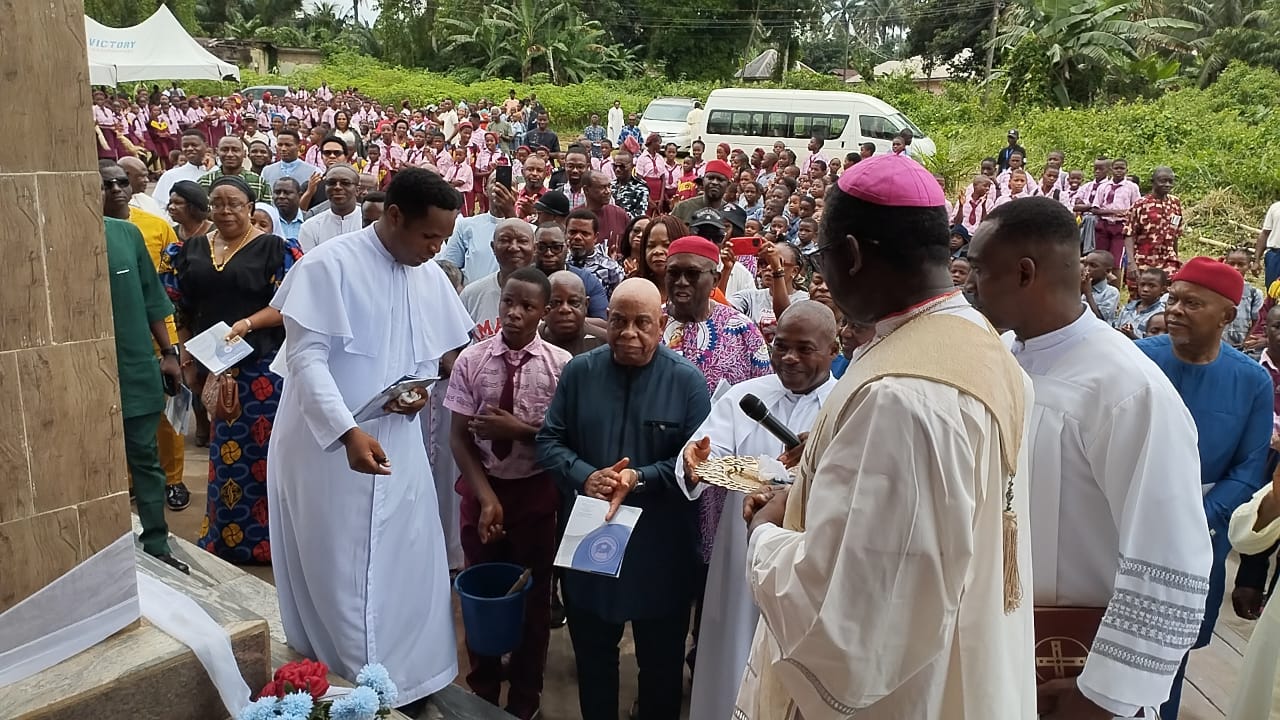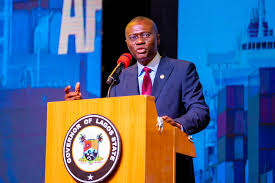Was Cardinal Francis Arinze Robbed of the Papacy in 2005? — my Perspective


Was Cardinal Francis Arinze Robbed of the Papacy in 2005? — my Perspective
As the Admin of Igbo History, I firmly believe that Cardinal Francis Arinze, an illustrious son of Igboland, was robbed of his rightful place as the successor to Pope John Paul II in 2005. Many Catholics across the globe, especially Africans and Asians, saw him as the most qualified candidate to lead the Church into a more inclusive and globally representative era. However, the election of Pope Benedict XVI (Cardinal Joseph Ratzinger) raises questions about whether Arinze was deliberately sidelined due to racial and political factors.
Here’s why I hold this belief:
1. Manipulations During the Conclave
Reports from notable Italian media outlets during the 2005 conclave revealed that influential cardinals formed a powerful bloc in favour of Cardinal Ratzinger. Their behind-the-scenes lobbying ensured his election, effectively sidelining other deserving candidates, including Cardinal Arinze. This manipulation is a stark reminder of the Church’s internal politics, which often prioritizes alliances over fairness.
2. Arinze’s Unmatched Qualifications
Cardinal Arinze’s qualifications were unparalleled. He was deeply respected for his theological brilliance, his extensive diplomatic experience, and his dedication to fostering interfaith dialogue, especially with Muslims. Arinze’s leadership represented the universal nature of the Catholic Church, and many Catholics worldwide believed he was the ideal successor to Pope John Paul II. Yet, despite his qualifications and popularity, racial and political biases seemed to have worked against him.
3. The Suspiciously Quick Election
The 2005 conclave ended unusually quickly, with Cardinal Ratzinger being elected on the second day. This rapid decision contrasts with the longer deliberations of previous conclaves and strongly suggests that the outcome was prearranged. This lack of openness and fairness left little room for candidates like Cardinal Arinze to gain traction.
4. Bias Against a Black African Pope
Historically, the Catholic Church has had three African popes—Victor I, Miltiades, and Gelasius I—but they were all from North Africa and of Berber or Roman descent. Cardinal Arinze, a black African from sub-Saharan Africa, represented a groundbreaking choice. However, it appears that the conclave was not ready to embrace such a monumental step, reinforcing the idea that racial biases played a role in the decision.
5. The Secrecy of the Conclave
Papal conclaves are conducted in strict secrecy, with no transparency in the voting process. This veil of secrecy has often been criticized for allowing manipulations and biases to thrive unchecked. In this case, it likely played a role in ensuring that Cardinal Arinze’s historic candidacy did not succeed.
Why This Matters to Igbo History
As I reflect on this event, I see it as more than just a missed opportunity for the Catholic Church. Cardinal Francis Arinze’s story is a testament to the global contributions of the Igbo people. His candidacy symbolized hope for millions of Catholics, particularly in Africa, where the Church is growing rapidly. His election would have been a defining moment not just for the Church, but for Africa and the Igbo people in particular.
By denying Arinze this opportunity, the Church inadvertently reinforced perceptions of racial and regional inequality. While we respect the election of Pope Benedict XVI, we must continue to question whether the process was truly fair and inclusive.
As the Admin of Igbo History, I believe Cardinal Arinze was robbed—not by divine will, but by human politics. His story remains a reminder of the challenges that still exist in achieving true representation and equality within global institutions.





